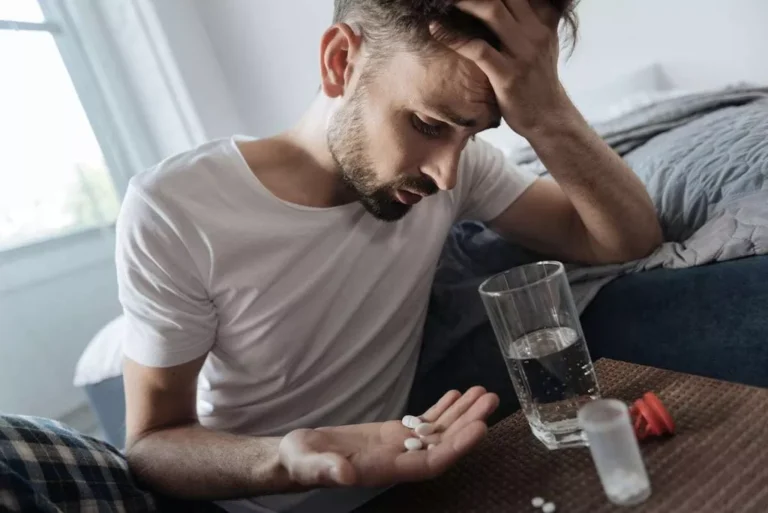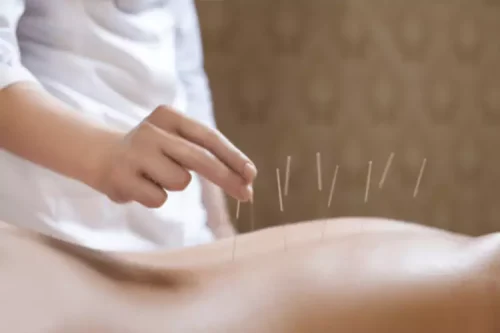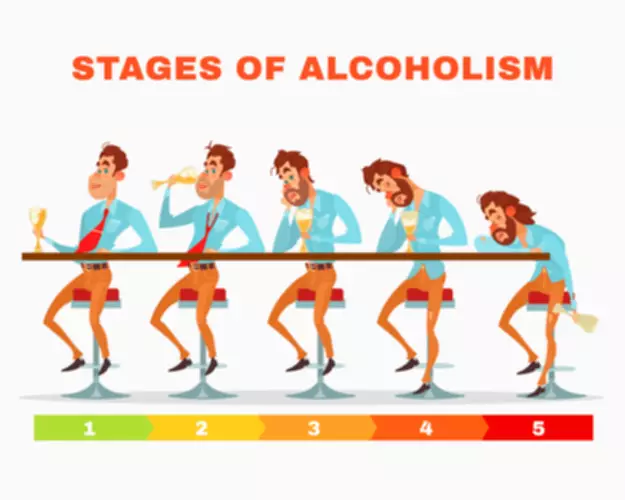Your cart is currently empty!
6 Things That Happen To Your Body When You Stop Drinking

I talked about this a little earlier, but I just want to reinforce this because so many people are so skeptical of this and I completely understand why. You have free will, you can learn habits and you can also learn how to unwind habits and undo habits. I really believe https://ecosoberhouse.com/ for most people drinking is a habit that you learn and can unlearn and that is a really good news. So the idea that you could truly reduce your desire seemed impossible, but I promise you that it is possible and that’s something we will talk about in future episodes.

How Long Does It Take Your Liver to Detox From Alcohol?

I just thought I don’t know and other people seemed to know when to call it quits and a lot of times I desire just feels kind of insatiable. It’s just–it’s voracious, right, and my off switch just isn’t functioning properly. So, I know that a lot of people can relate to that.
Drinking less will improve every part of your life.
If your liver has taken a hit from prolonged alcohol use, there are ways to give it — and the rest of your body — a break. The less you drink, the lower your risk of alcohol-related harm. If you suddenly have a craving for alcohol, try doing some vigorous exercise or doing something you love instead. These things release the same feel-good chemicals in your brain as alcohol. They won’t make you feel intoxicated like alcohol but they may make you feel happier and more relaxed. Understanding this can be a helpful motivator to make changes.
How much alcohol is safe to consume?
- She knows what it’s like to be fed up with your drinking, worried about judgment from others, and turned off by approaches that focus on a higher power instead of brain science.
- You have to commit to actually being curious to what is truly going on and questioning is this even helping me.
- Tired of breaking your promise to go easy on the drinks tonight?
- Or they’ll start insisting, I should have just known better.
- Your desire is not fixed even though I know it may feel that way, I promise you can change it.
- Excess alcohol consumption may cause weight gain, which means that cutting out alcohol could lead to weight loss for some people.
Talk to your doctor about what treatments make sense for you. Bring up any worries you have about withdrawal symptoms. They’ll let you know what to expect and how to recover safely. But you’ll need to be honest about how much you drink and how often. If you’re considering a break from alcohol, it might also be helpful to think about why you drink.
- If a friend isn’t supportive, it may be time to assess that friendship.
- While alcohol is high in calories, and wine, beer, and mixed drinks add sugar to one’s diet, cutting it out may or may not help you lose weight depending on how much alcohol you consume regularly.
- It was like, I didn’t really want to come out from under the covers.
- 62% reported “better sleep” and about half reported they lost some weight.
Taking a Break from Alcohol Can be Good for Your Health
This is sometimes easier said than done, of course. If you’re a heavy drinker, you may need to wean off alcohol to let your body adjust. If you’re experiencing severe symptoms of alcohol withdrawal, be sure to talk to a healthcare provider. The “sober curious” or “sober sometimes” movement started as a challenge for those who felt they’d partied a little too hard over New Year’s weekend. First there was “Dry January,” when people could brag on social media about how they were taking a break from booze.
Dry January: How to take a break from alcohol so you’ll actually stick with it
- Even if you don’t drink a lot, the end of an alcohol-free month is a good time to reflect on your relationship with alcohol.
- And the benefits of sobriety might be years, not months, down the road.
- First there was “Dry January,” when people could brag on social media about how they were taking a break from booze.
- I think a lot of us really believe that logically, it should.
“The biggest thing that I noticed is that I don’t need alcohol to have a good time with my friends.” As for the health effects, White says it’s been clear for a long time that heavy drinking takes its toll, but now there’s emerging evidence that — even for moderate drinkers — a break from alcohol can be beneficial. “There is early evidence that even taking a one month break from fairly low levels of consumption reduces some burden on the liver,” White says. Light drinkers tend to be mostly spared from the effects on the liver, but for heavy drinkers, the liver becomes inflamed, which can be dangerous over time,” says Dr. Mosquera. According to The National Institute for Health, light drinking is defined as seven drinks per week for women, with no more than three in one day, and no more than 14 drinks per week for men, with no more than four in one day. That said, your liver has to work hard to process and filter alcohol, no matter the quantity.
After a monthlong break, researchers measured levels of a liver enzyme called gamma-glutamyltransferase, or GGT. “There’s an antioxidant made by the liver called glutathione. You can get an indirect measure of how much oxidative stress the liver is under by measuring an enzyme called GGT that helps replenish glutathione stores,” White explains. They’re part of a sober social club, made up mostly of women in their 30s who want to have fun and make friends without alcohol. On a Saturday night, people are starting to pack into a popular bar called Harvard & Stone in a hip Los Angeles neighborhood.

The Remedy: What the Brain Learns
Ironically, some of the first things you might notice are similar to what happens to your body when you’re drinking. “Anxiety is the most common thing people notice upon stopping,” take a break from drinking says Dr. Sharone Abramowitz, MD, a psychiatrist and president of the California Society of Addiction Medicine. She also notes that a craving for alcohol is common once people stop.


Leave a Reply